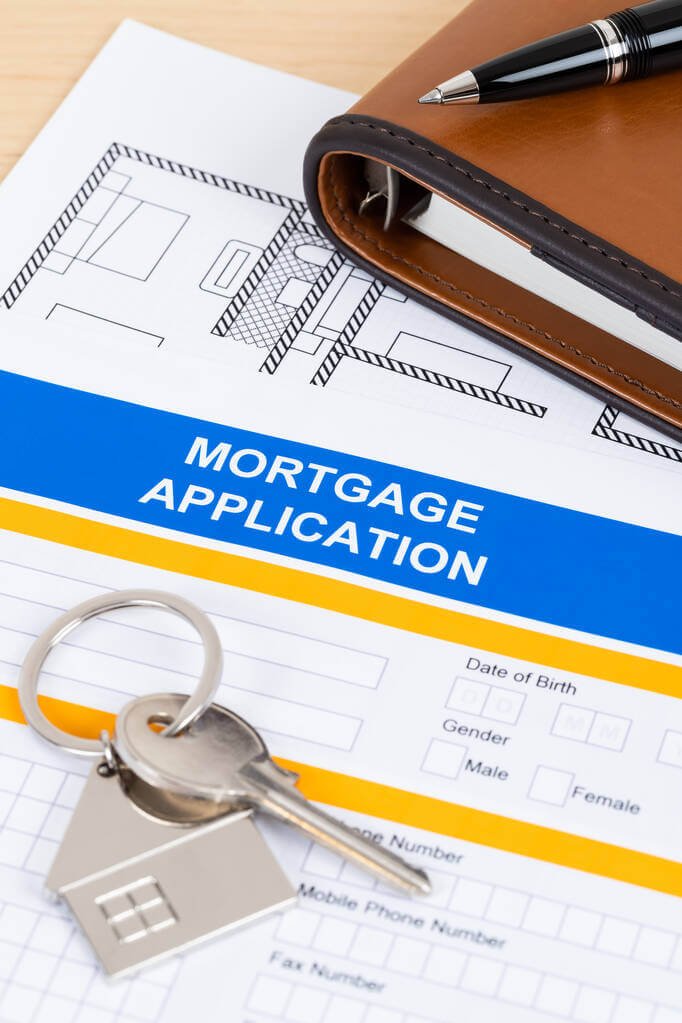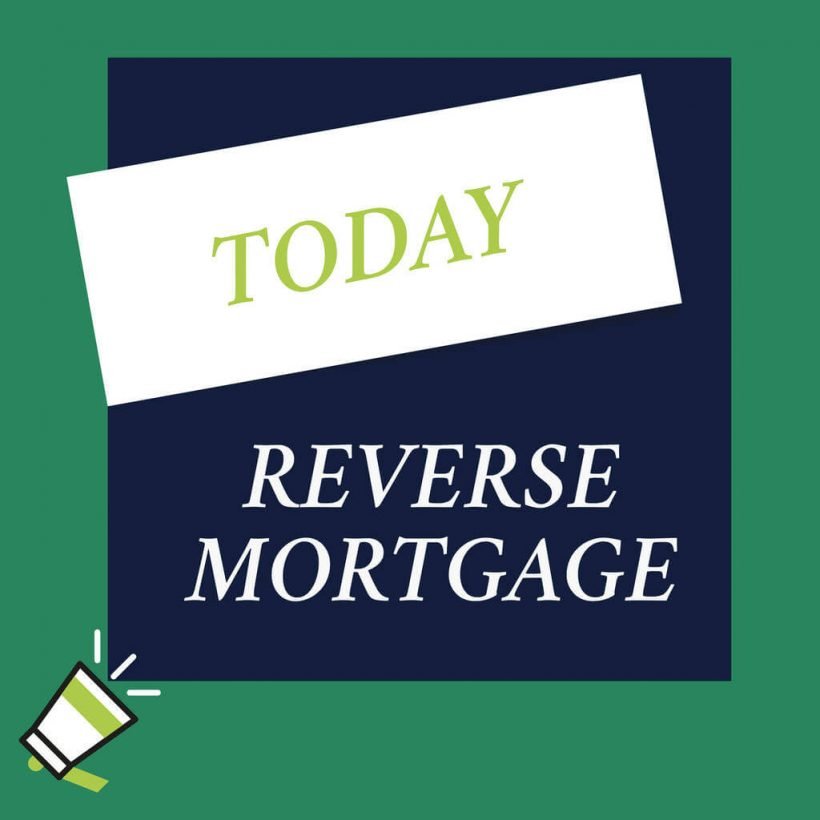The Current State of Mortgage Rates for Investment Properties
Mortgage rates for investment properties are typically higher than those for primary residences. You’ll also need to put down a larger down payment, usually 20-25%.
How Mortgage Rates Have Changed Over Time
Mortgage rates have changed a lot over time. In the past, most people paid their mortgage off over a 30-year period. However, mortgage rates have risen over time, and now many people are opting for shorter terms, such as 15 or 20 years. This is because the longer you take to pay off your property to mortgage, the more interest you will accrue, and this can add up to a significant amount of money over time.
Mortgage rates have also changed based on the type of loan you choose. For example, adjustable-rate mortgages (ARMs) have become increasingly popular in recent years. These loans offer a lower interest rate for a certain period of time, after which the rate can adjust upward or downward, depending on market conditions. This can be a good option for borrowers who plan to sell their home before the interest rate adjusts upward.
Fixed-rate mortgages, on the other hand, offer the same interest rate for the life of the loan. This can be a good option for borrowers who want the stability of knowing what their monthly payment will be for the life of the loan.
Mortgage rates can also vary depending on the size of the loan.

What Factors Influence Mortgage Rates
Mortgage rates are at historic lows, but many factors influence the rate you get.
Your credit score is one of the most important factors that influence mortgage rates. A higher credit score means you’re a lower-risk borrower, and a lower credit score means you’re a higher-risk borrower. That risk is reflected in your mortgage rate.
Other factors that influence mortgage rates include:
– The type of mortgage (e.g., fixed rate vs. adjustable rate)
– The term of the mortgage (e.g., 15 years vs. 30 years)
– The loan-to-value ratio (LTV)
– The type of property (e.g., single-family home vs. condominium)
– The location of the property
You can’t control all of these factors, but understanding them can help you get the best mortgage rate possible.
How to get the best mortgage rate for an investment property
If you’re looking to buy an investment property, you’ll want to get the best mortgage rate possible. Here are a few tips Trust Art Realty, a professional property management company, says will help you get the best rate:
- Shop around. Don’t just go with the first mortgage lender you find. Compare rates from a few different lenders to make sure you’re getting the best deal.
- Consider a shorter loan term. A shorter loan term will mean higher monthly payments, but you’ll save money in interest over the life of the loan.
- Make a larger down payment. A larger down payment will lower your monthly payments and help you get a better interest rate.
- Improve your credit score. A higher credit score will help you qualify for a better interest rate.
- Ask for a rate lock. If interest rates are rising, you may want to ask your lender to lock in a rate for a certain period of time. This will protect you from having to pay a higher interest rate if rates go up before you close on your loan.
Following these tips will help you get the best mortgage rate possible for your investment property.


